Overview
Logline
Sydney, a gregarious heroin user, moves into a Chicago recovery home and befriends Julia, an alcoholic filmmaker. When Sydney gets pregnant and returns to her abusive boyfriend, both women are forced to choose between protecting those they love and saving themselves. A personal documentary and intimate portrait of how survivors recover, This is Me Loving You charts the radical love between two friends living at the intersection of abuse and addiction during an historic overdose crisis.
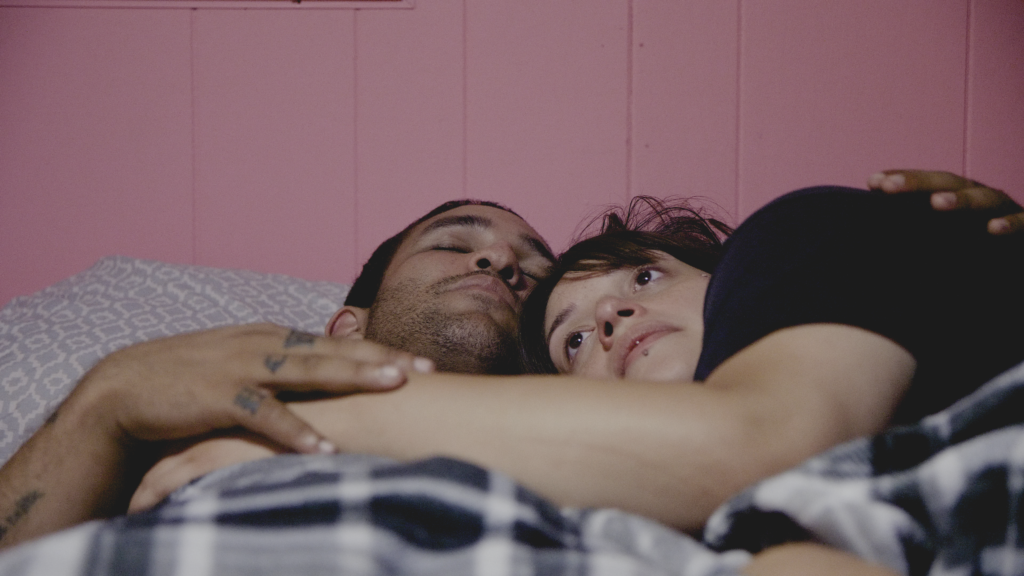
About the film
Our house looks no different than the others on the block, except for the number of women who enter and exit every day. Neighbors know that ambulances and police are called here more than any other home nearby. Every few weeks, a woman hauls trash bags of belongings down the front steps and never returns.
Inside, fifteen identical beds are spread across two sparsely decorated floors and a basement. At capacity, each bed is occupied by a woman with substance use disorder, most of whom move into the house after treatment, court orders or prison. Our first names, numbers and “clean dates,” are listed on a white board on the main floor, in order of arrival. In September, 2019, the name “Sydney K.,” is added to the list, right below mine.
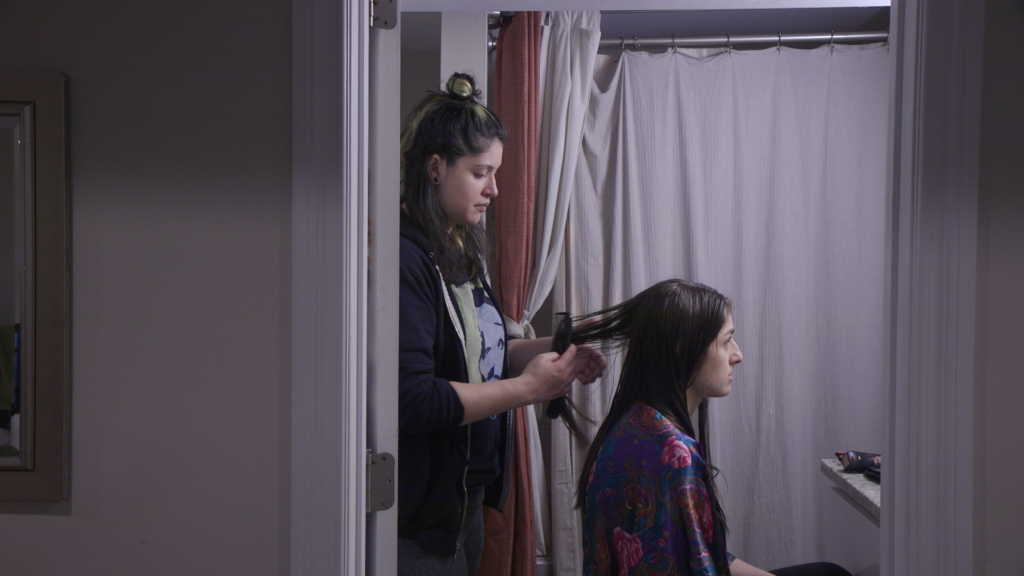
I moved into the house in 2019, after two years of daily blackout drinking to dampen PTSD symptoms. The intake after me was Sydney, a punkish 23-year-old from Detroit who was on probation for retail fraud that she committed in Michigan with her boyfriend, Dominic. The theft funded their heroin use, which Dominic introduced to her two years before. Sydney and I were the same age and both estranged from our families–she quickly informed me we were going to be friends. She was right.
We were both six months sober when Syd got pregnant and we decided to start filming. By then I knew Dominic had a hold on her, but I didn’t know he was abusive. That changed one day when we were filming a phone call between them. His tone shifted subtly, like a decrease in air pressure. He started talking down to her, slyly berating her in a way that could pass for a bad joke. I froze. The urge to look away from something so intimate took over my body. I gestured to Syd asking if she wanted me to leave the room. She shook her head no, and we kept rolling.

What started as a film about recovery and pregnancy turned into something else—I was filming abuse as it happened to my best friend. This film makes the case that addiction is a trauma response, and asks why, seventy years after the first rehab opened in the US, addiction treatment has barely progressed. This is Me Loving You is an invaluable tool in the fight against stigma, a film that shows the interior world of people who are fighting to heal from addiction and abuse.
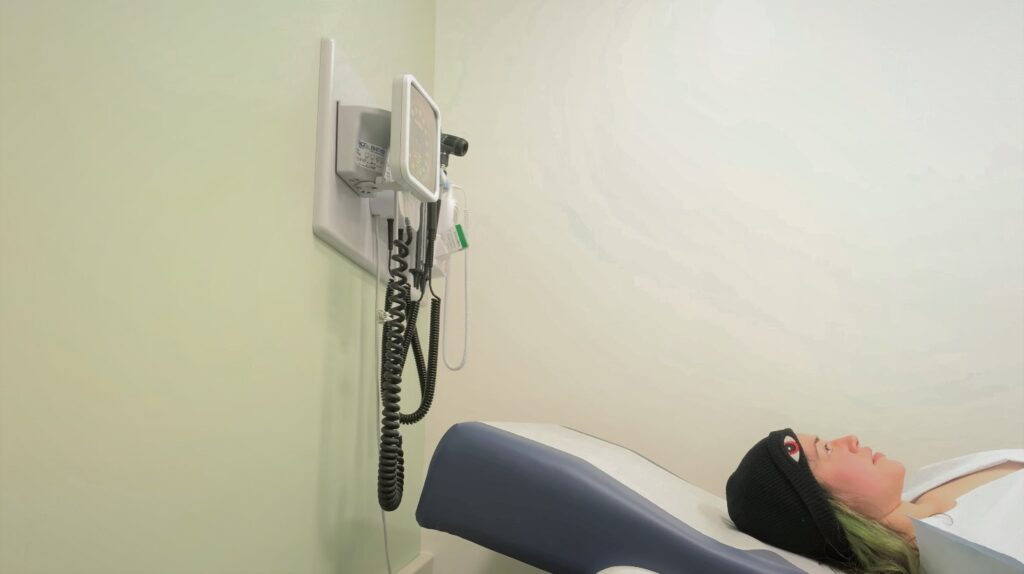
Impact
Today, overdose deaths are climbing at the highest rate in recorded history, while drug offenses are the leading cause of arrest nationwide.
Addiction is a public health crisis that America has never effectively addressed. From Nixon’s declaration in 1971 that “substance abuse” was “public enemy number one” to Reagan’s mandatory minimum sentences for nonviolent drug offenses, America’s fight against addiction has proven instead to be a war on people who use drugs. Which is to say a war on poor people, BIPOC families, the LGBTQIA+ community, disabled people, the mentally ill, survivors of abuse—a war on anyone who has experienced marginalization and trauma in American society.
The impact campaign for This is Me Loving You will be built around a targeted community screenings series to reach the film’s natural audiences, people who have experienced addiction, trauma and/or IPV; support networks of those who have been impacted by these crises and corresponding care providers. Kindling Group is well positioned to continue using our decades long experience crafting this type of community screenings by activating deep and engaged partner networks to get This is Me Loving You in front of the people who need to see it most. The community screenings will aim to reach our primary, secondary, and tertiary intended audiences by bringing the film to treatment centers, domestic violence shelters, carceral institutions, state legislatures, advocacy organizations and conferences across the country.



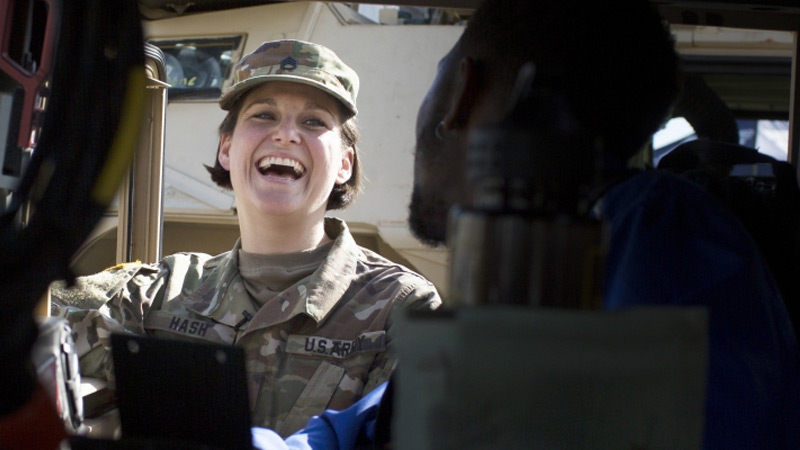
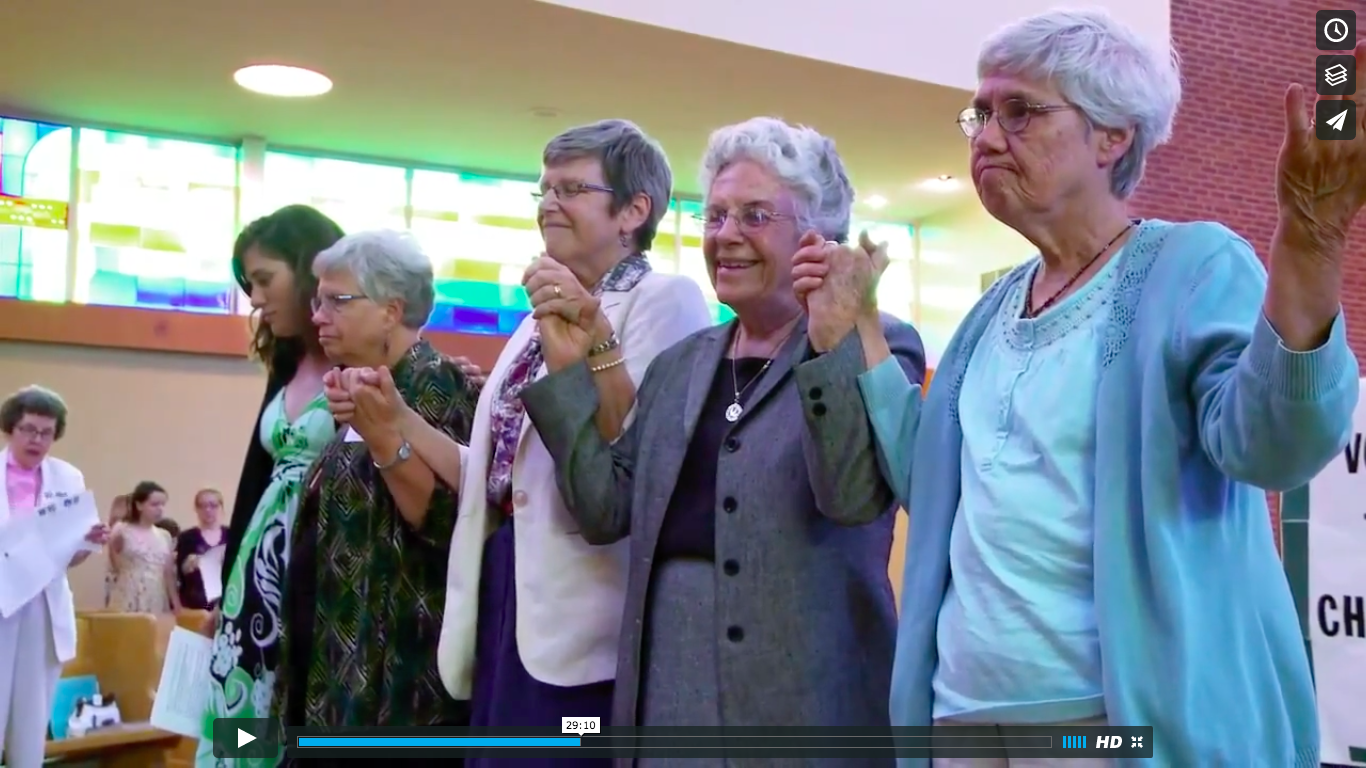

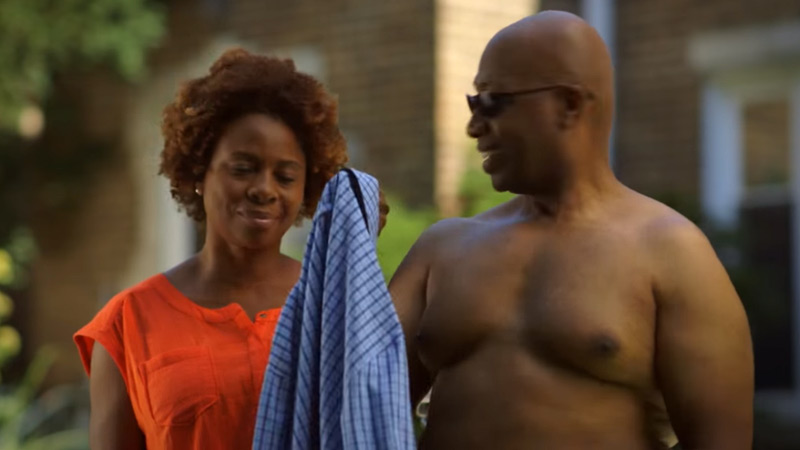
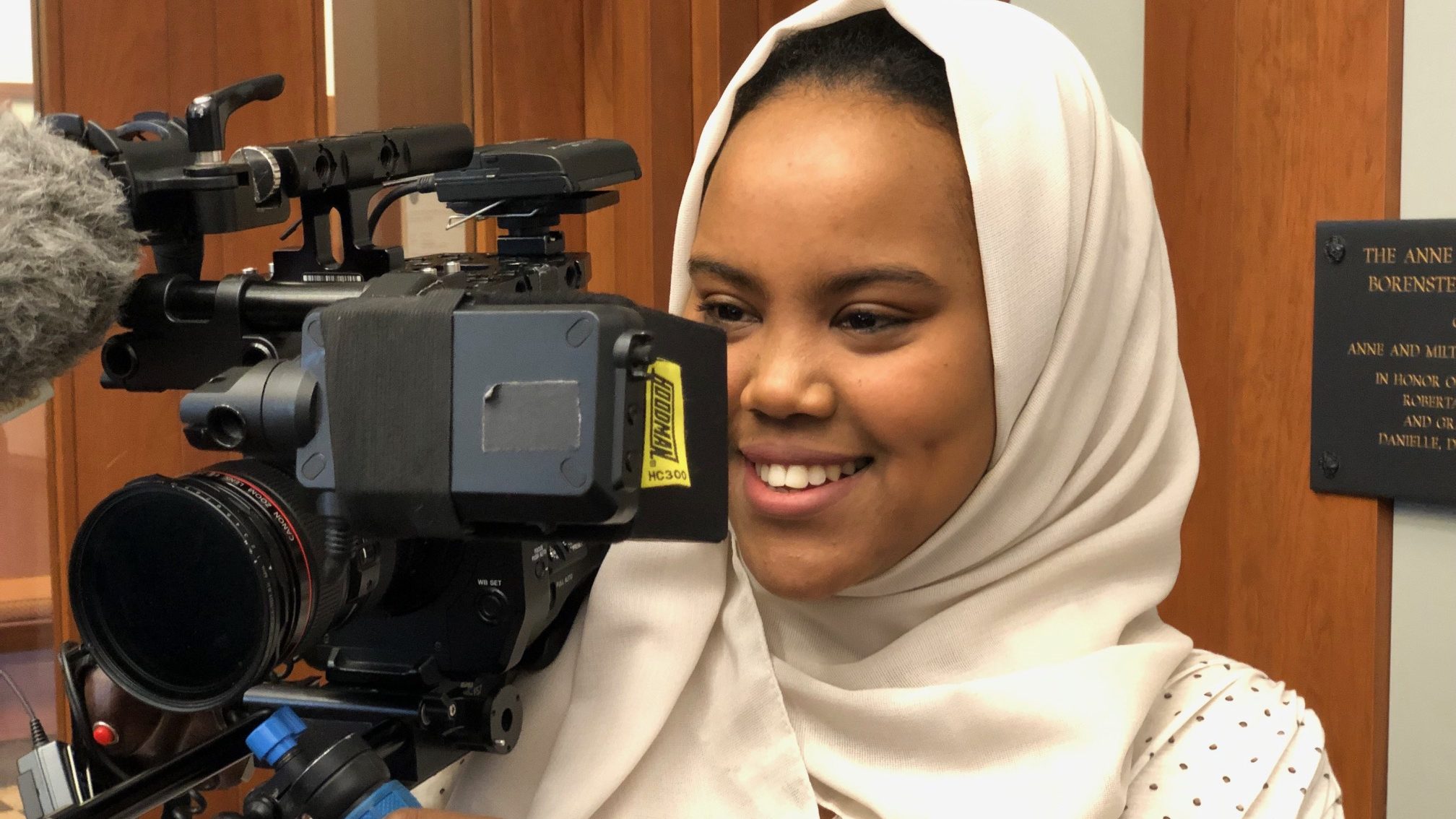
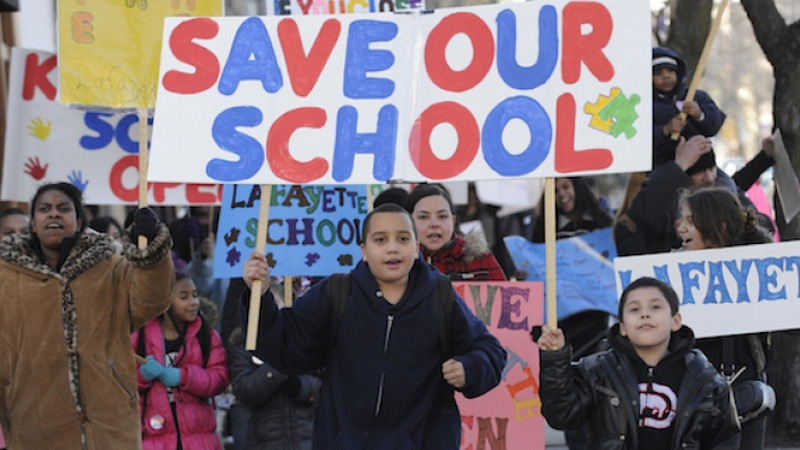
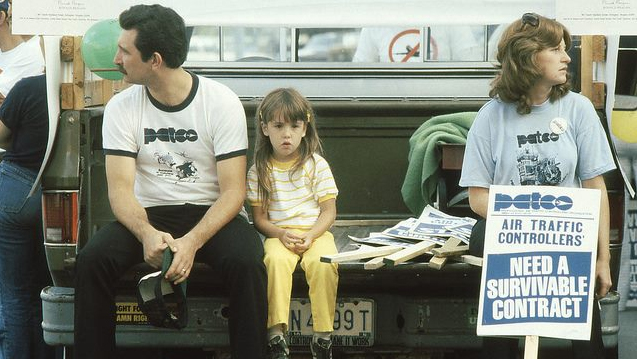

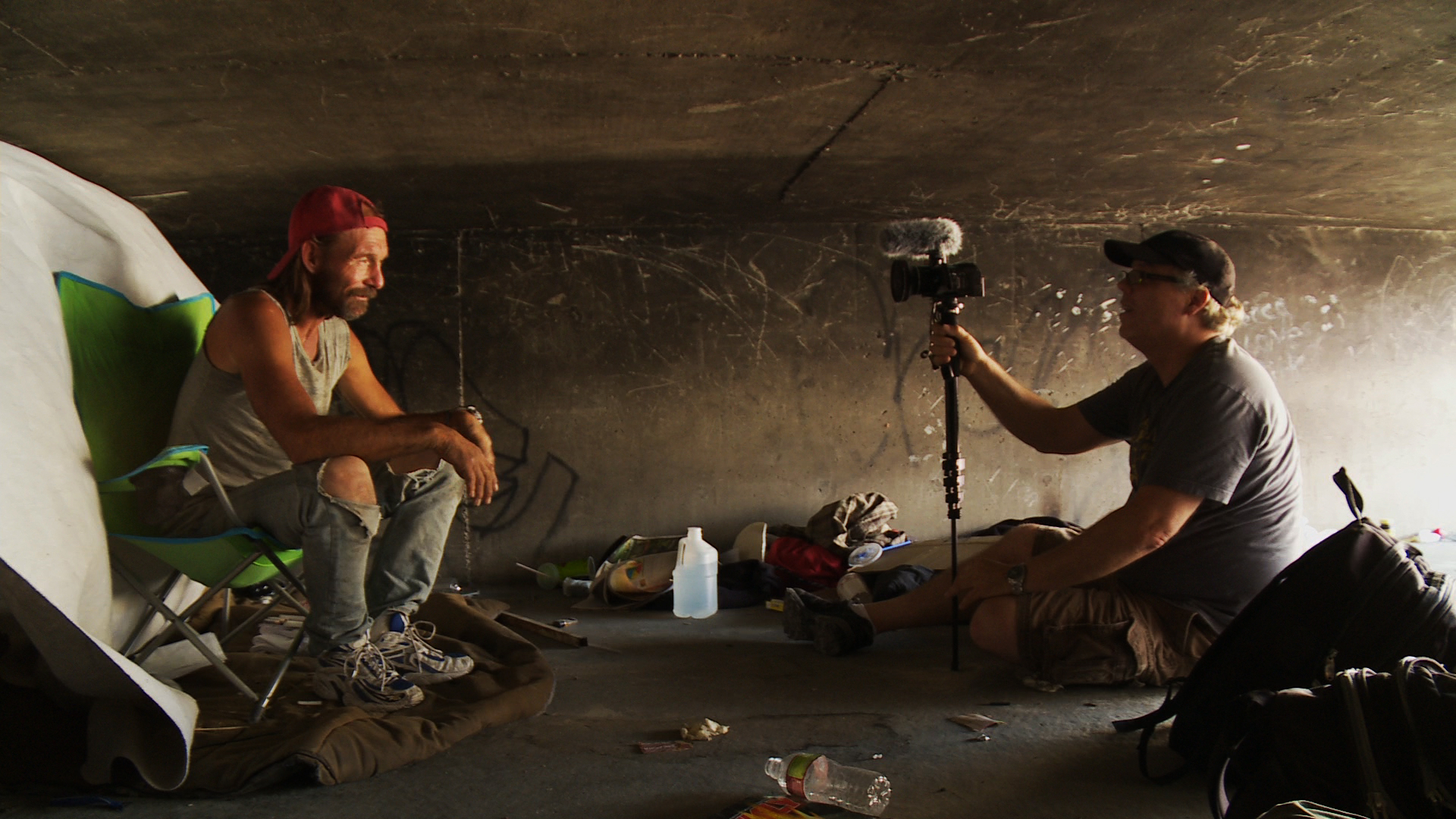
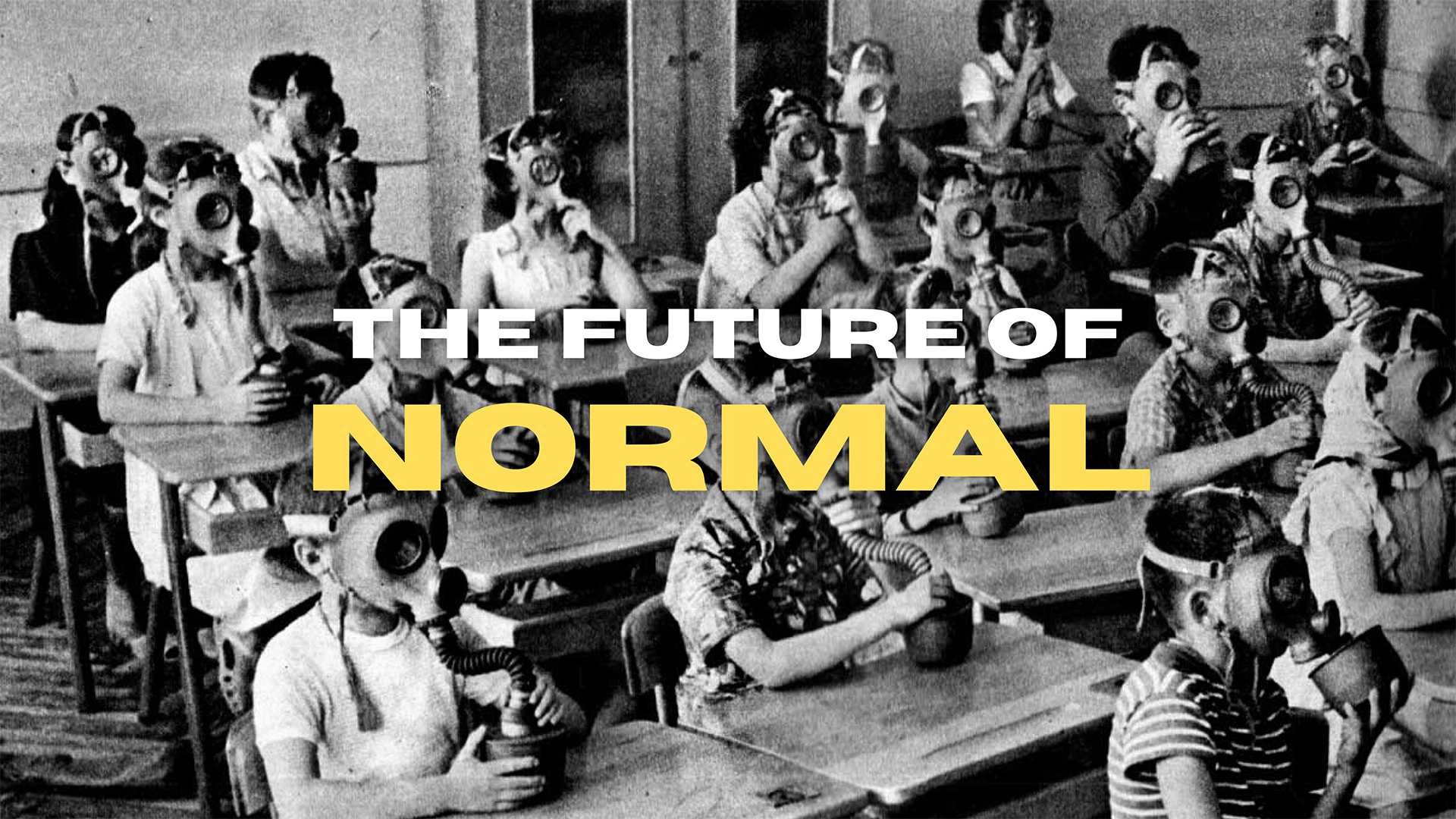
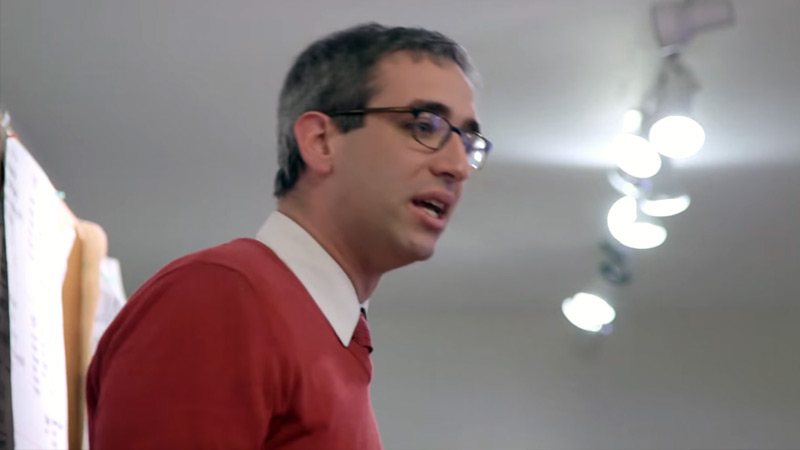


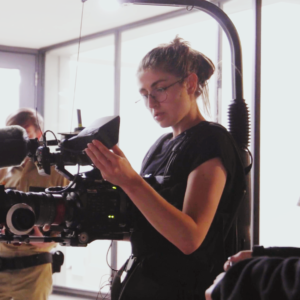






 Daniel Alpert
Daniel Alpert Laura Fallsgraff
Laura Fallsgraff Mara Sheban
Mara Sheban Ingrid Roettgen
Ingrid Roettgen Adam Joel
Adam Joel Adam Wisneski
Adam Wisneski Ines Sommer
Ines Sommer












